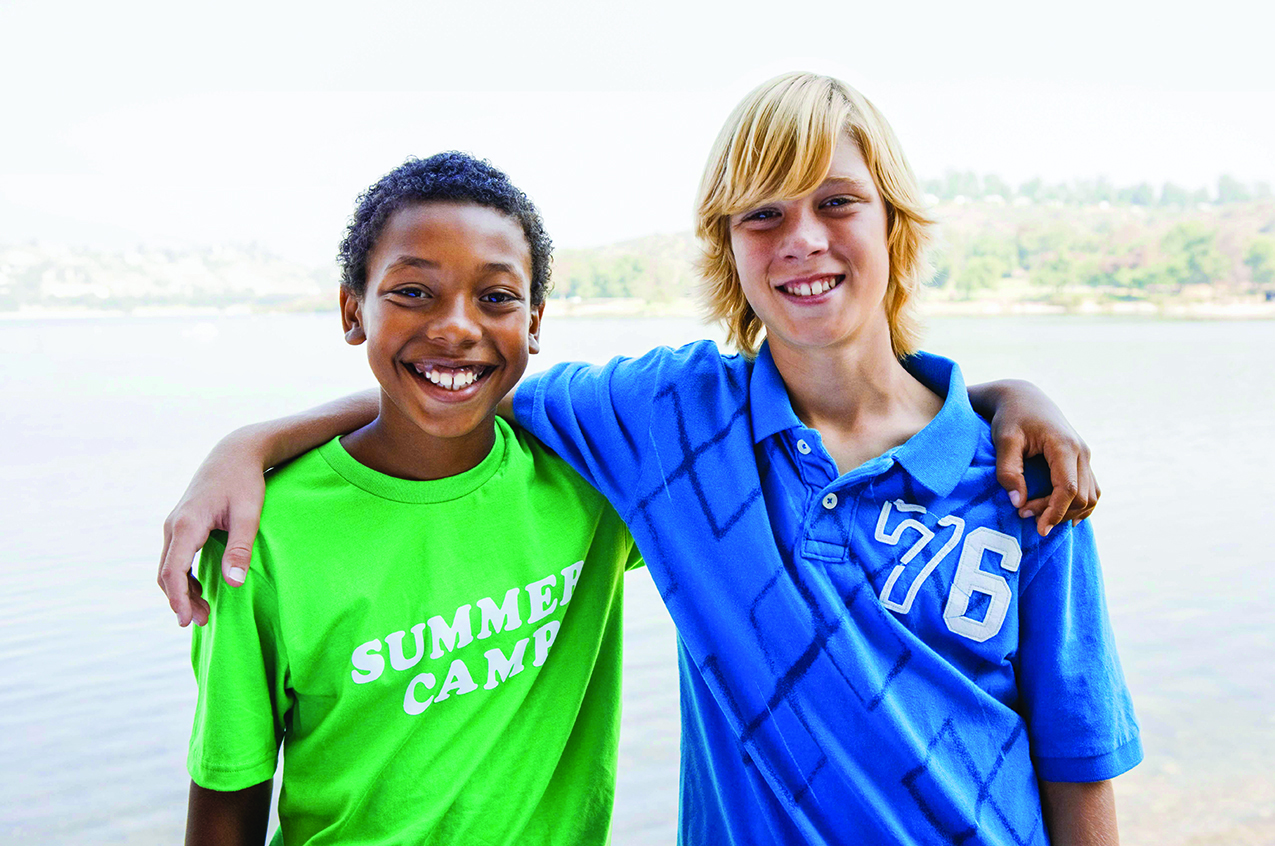Preparing Kids for a Memorable East End Camp Experience

As hours of sunlight increase, thoughts may turn to summer vacation. For many children, summer vacation wouldn’t be the same without camp.
Adults may have their own fond memories of going to summer camp when they were children because of the opportunities it presented to be independent and meet new people. Campers often bond over shared experiences, whether they are planned activities or unexpected “disasters” like a rainstorm washing out a canoe trip. That is why so many parents choose to carry on the summer camp tradition when they have their own children.
However, some kids may not be ready to jump right into the summer camp lifestyle. Such youngsters may need extra reassurance and support to make the most of their time at camp. The following are some tips for making your child’s East End summer camp an enjoyable experience.
Plan ahead
Families can visit the camp in advance and get a lay of the land. Knowing what to expect in terms of facilities and activities can assuage some anxiety. It also will help campers hone in on what to pack and what to expect over the summer.
“Some parents are now enrolling their children in private riding lessons to better prepare their children for camp,” Joanne Comber-Jimenez of Jimenez Jumpers told Dan’s Papers in 2019. “They will have more of a sense of confidence if they already know the camp location, facility and have taken part in a lesson so they know what more to expect.”
Try many new activities
Summer camp is about expanding boundaries and interests. Campers should sign up for many activities, including those that normally may be out of their wheelhouse. A camper may be pleased to learn that a new craft activity or a sports game piques his or her interest.
“Don’t assume your sports player wants a sports camp or that a large camp with a ton of kids is the right fit for your outgoing child,” Aaron Goldschmidt of Shine Camp previously shared with Dan’s Papers. “Ask and offer some options. Camp should be fun, social, and an opportunity to explore interests that may not be available during the school year. Mix it up and try new things!”
Connect with fellow campers in advance
If the camp has a social media presence, follow the camp’s posts and connect with other likeminded campers even before they arrive. Talking with others who share similar interests can help campers feel more comfortable about meeting up once they arrive at camp.
“Parents can prepare their child by expressing the importance of making new friends, learning new skills, playing for fun, working with different coaches and improving their fitness,” shared Eddie McCarthy of Hamptons Baseball Camp.
Develop a rapport with camp counselors
The saying “you only get one chance to make a first impression” extends to campers meeting camp counselors. When campers interact with counselors for the first time, they should be outgoing, polite and open to new ideas. Counselors will appreciate easy-going campers and could be good resources of useful information, such as how to score an extra dessert at mealtime.
“I remember loving the feeling of being friends with the counselors,” Lulu Keszler of iCamp recalled. “The camp I went to had the best head lifeguard/swim instructor. He was so much fun and all the campers loved him.”
Follow the safety rules
While campers may spread their wings a bit at summer camp when not under the watchful eyes of parents, any mischief should not come at the expense of safety. Campers should stick to the safety protocol so that camp is not memorable for the wrong reasons. They may not be in school, but campers should still be making smart decisions and using summer camp as an opportunity to grow.
“Even though school is out, camp is a great way to stay active mentally and physically, plus it’s usually a lot more fun,” noted Allen O’Reilly of Bay Street Theater.
Change another camper’s experience
A camper who recognizes a fellow camper is reserved and shy can invite that person to come sit with other friends at meals or to participate in an activity. This can help build a lasting friendship and make camp that much more enjoyable for someone in need.
“Summer camp is important for kids of all ages and skill levels. It gives them an opportunity to emotionally and socially connect with peers in a setting that is not necessarily classroom-based,” Sean Johnson of Future Stars Southampton shared. “Giving young campers the chance to improve their skills while having fun and interacting with a group is a hugely beneficial experience developmentally. The camp setting goes beyond the realm of the specific sport/activity they participate in and touches on leadership, responsibility and the many character traits that help to shape our youth as they learn and grow.“
~ Metro Creative Connection



